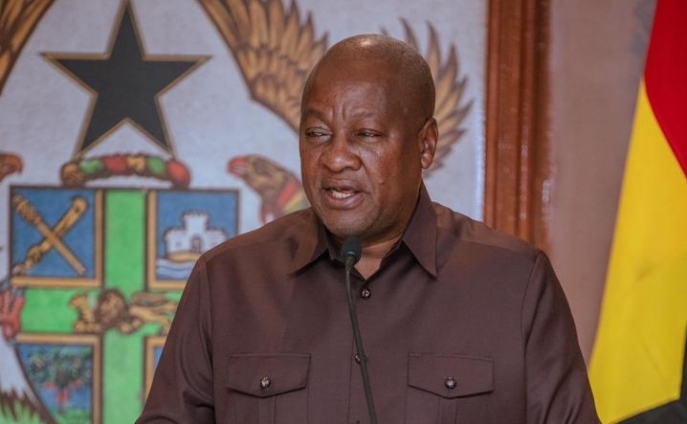The closure of several radio stations in Ghana has sparked widespread concern, with the Media Foundation for West Africa (MFWA) warning that the Mahama government is treading on an old, dangerous path that threatens press freedom and democracy. The recent shutdowns have raised alarms about the state of media freedom in the country, drawing comparisons to previous actions that have had negative consequences for free expression.
The Situation
In recent weeks, several radio stations have been closed by the authorities in Ghana, citing various regulatory issues and non-compliance with broadcast standards. The closures, however, have not been without controversy. Critics argue that these actions are a move to silence dissenting voices and curb independent journalism, especially those critical of the government.
The Media Foundation for West Africa (MFWA) has condemned these closures, stating that they are a step backward for press freedom in Ghana, a country that has historically been seen as a beacon of free speech in West Africa. According to the MFWA, the government’s actions resemble previous attempts to suppress the media and control public discourse, a dangerous trend that undermines the democratic principles Ghana stands for.
MFWA’s Concerns
The MFWA’s statement underscores the importance of media freedom in a thriving democracy. Free media plays a critical role in holding the government accountable, providing citizens with diverse viewpoints, and fostering informed public debate. When radio stations and other media outlets are shut down without due process, it creates a chilling effect that discourages independent reporting and investigative journalism.
- Threat to Democracy
The MFWA emphasizes that the closure of radio stations goes against the democratic values Ghana has worked hard to build. A free and open press is essential for the functioning of a healthy democracy, and any attempt to suppress this freedom is a threat to the nation’s democratic processes. - Censorship and Control
The actions of the Mahama government are seen by many as an attempt to censor media outlets that may be critical of the administration. By silencing these voices, the government risks stifling important discussions on governance, policy, and the well-being of citizens. This, in turn, could lead to a lack of transparency and accountability within the government. - Erosion of Trust in Media
The closure of radio stations also erodes public trust in the media landscape. Media outlets are meant to inform and educate the public, but when these outlets are shut down arbitrarily, it undermines their role in society. The public may begin to view the media with suspicion, which can harm the flow of information and hinder efforts to address societal issues.
The Historical Context
The MFWA’s warning is not without historical context. Ghana has faced similar challenges in the past, where media outlets were silenced under the guise of regulatory concerns. Such actions have often been met with strong criticism from local and international organizations, and have led to broader calls for greater protection of media freedoms.
The government’s previous attempts to curb press freedom have left a scar on Ghana’s media landscape, which took years to heal. By repeating these actions, there is concern that Ghana could revert to an era of heavy-handed control over the media, which could limit citizens’ access to information and stifle free expression.
What Needs to Be Done?
To prevent further damage to media freedom and democratic principles, the government must take immediate steps to ensure that the closure of radio stations is not used as a tool for political control. Key actions that need to be taken include:
- Transparency in Media Regulations: The government must ensure that all regulatory actions are clear, fair, and apply equally to all media outlets. Any closures or penalties should be based on legitimate concerns and follow due process.
- Protection of Press Freedom: The government must reaffirm its commitment to protecting press freedom and ensure that journalists can work without fear of reprisal or censorship.
- Dialogue with Media Stakeholders: Open discussions between the government and media stakeholders are necessary to address concerns and promote mutual understanding of media regulation and freedom.
The closure of radio stations under the Mahama government is a troubling development that raises serious concerns about the state of media freedom in Ghana. The MFWA’s warning is a timely reminder that press freedom is a cornerstone of democracy, and any efforts to undermine it must be opposed. To preserve Ghana’s status as a leader in media freedom in West Africa, it is crucial that the government reverses this course and ensures that the media remains a vibrant and independent part of the democratic process.
Ghana’s democracy depends on a free and open press – it’s time to protect it.

